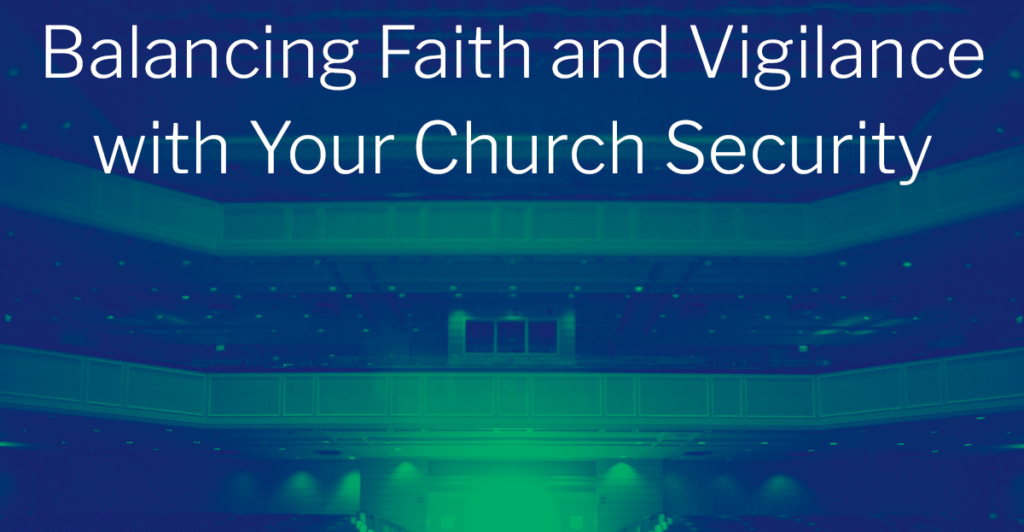
While the likelihood of a deadly shooting at a church has increased dramatically in the last ten years, there are many other types of threats to church-goers, especially children, that are more likely and, often, more preventable. Physical or sexual abuse, kidnapping, and theft of property or private information are realities that churches cannot afford to ignore.
We understand why this is a difficult topic for churches:
- Leaders want to preserve a peaceful atmosphere, and overt security measures would threaten this goal
- The gap between faith and action can be infused with fear, and the balancing act between the two is often a source of great personal and corporate tension
- An undesired and uncomfortable debate on the use of deadly force in the protection of church-goers is likely to occur
Please do not let these challenges keep you from examining the risks, solutions and true stories of churches confronted with crimes of all types. Each church must decide for itself what steps to take, but we want to empower those decisions with vital information.
We prayed to our God and posted a guard. – Nehemiah 4:9
We have interviewed a variety of experts on church security in order to better equip church leaders with the information, statistics and action plans necessary to protect their congregants. As a result, we have identified five critical areas for security in today’s churches:
- Background Checks
Chris Wilson, president of Clear Investigative Advantage (CIA) says most churches limit searches to specific departments and often use free, online searches, which are not thorough enough. Not all background checks are created equally! Less than 40% of churches run complete background checks through experienced firms.
- Check-in System
A secure check-in system for children & events heads off many issues, especially with policies that ensure child-pick up occurs only with a matching tag. FellowshipOne Church Management Software increases security by embedding into its tags randomly generated codes that cannot be duplicated. A good check-in system allows administrators to know exactly where every child is at any given time.
- Aggressive Friendliness
Chuck Chadwick, president of Gatekeepers Security Services and founder of the National Organization of Church Security and Safety Management, advocates training key people—often members of a security team—in de-escalation techniques aimed at gently confronting suspicious or hostile individuals in a non-threatening way.
- Emergency Action Plan
There are many types of emergencies: medical issues, power outage, bomb threat, fire, or intruders. “Most churches wait for something to happen,” says Jeff Kowell, Director of Life Safety at New Life Church in Colorado Springs, Colorado, where a shooting claimed the life of two teenagers in 2007. It is critical to have a plan for different scenarios before something tragic happens.
- Communications
“Simple two-way radios are the most effective way to share information and coordinate people during emergencies,” says Chadwick. “They’re better than cell phones that depend on coverage and up-to-date numbers.” The emergency response teams should have a clear command structure, knowing who will be responsible for communicating with teams throughout the facility. In large churches, it is important to have specific “zones” identified so that each team knows the specific evacuation plans or, in certain situations, lock-down protocols to keep people safe.
Establishing Partnerships
Churches don’t have to figure out a successful church security strategy by themselves! There is a network of reputable companies that specializes in such products and services as secure background checks, well-designed database and identification technology, courses in intruder awareness and response, and security team training and best practices. Partnerships with these companies can allow churches to maintain their “open-door” policies.
FellowshipOne has been passionate about security for adults and children, financial transactions, and data and information privacy since 2004. We’ve led the industry in innovation, surpassing minimum compliance standards, and education of safety policies and procedures.




